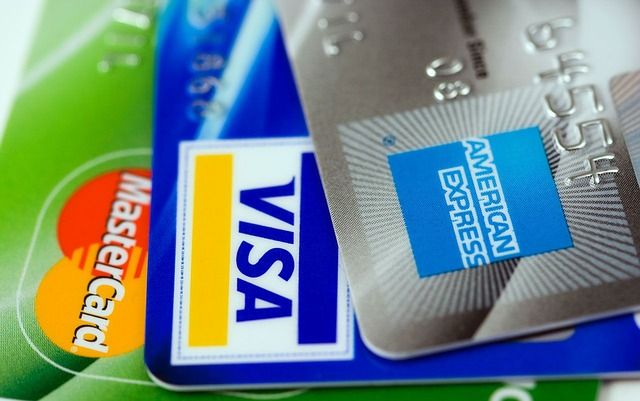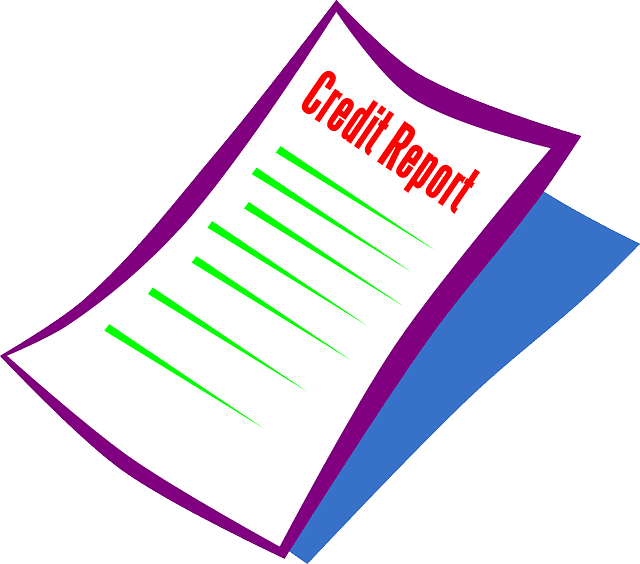
Among the most common financial errors people make in their 20s are:
Ignoring your financial flow.
A first job sometimes is the shocker. You find out after a few paychecks just how much of what you have earned goes into taxes and deductions such as health insurance. If you don’t pay attention, your expectations compared to your realities may get out of sync. Learn from the experts who say, “It’s not what you make, it’s what you keep that counts.” And develop a realistic budget. Trim your expenditures to match the income, being sure to pay yourself with a little savings each pay period.
Letting friends create your financial agenda.
It may be a tough decision, but learn to say no when your friends suggest ways to spend money that you really can’t afford, such as eating out or stopping at the local watering hole for a day’s end refresher. Use public transportation if possible, and brown-bag lunch now and again.
Not realizing that time will cure some financial stresses.
It is likely you will make more in the future, but don’t wait for the future to start serious saving. If your company has a 401(k) option, hop on it. If you can’t take full advantage of the plan to begin with, keep upgrading your contribution as raises come along. It’s the beginning of a trend you should maintain throughout your working career. If you save $200 per month beginning at age 23, with a 6 percent rate of return, you will have $425,000 when you retire at 65. If you wait until you’re 33 to begin, the same savings will only total half that amount.
Work on getting student loans repaid.
Some 2.6 million student loan borrowers in the first quarter of this year opted to pause their monthly payments through forebearance, a government allowance that stops payments, but allows interest to accrue. Make such a move a very last option if you possibly can. Ask your loan servicer first for deferment, but if that can’t be managed, opt for an income-driven repayment plan. If you never get to the point where your payments can be raised, the debt may be forgiven after 20 to 25 years.
Consider more debt for grad school.
Though a higher degree is likely to provide more financial flexibility in the future, additional education should be a carefully planned option. More Americans are getting advanced degrees – about 12 percent of those 25 and older. But it is wise to plan. Go to school part time and take advantage of any tuition assistance your work may provide. Before you sign up for classes, use a student loan calculator to see what debt you will have accumulated in exchange for enhanced earning ability. It may shock you and encourage you to take baby steps toward an advanced degree rather than incur more student debt.



